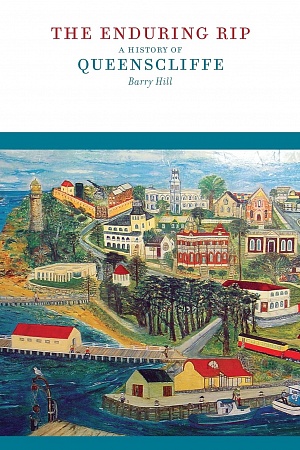The Age of Genius: The seventeenth century and the birth of the modern mind
Bloomsbury $27.99 pb, 368 pp, 9781408870389
The Age of Genius: The seventeenth century and the birth of the modern mind by A.C. Grayling
The seventeenth century was unquestionably one of the most tumultuous and transformative periods of European history. It was a century that saw Europe ravaged by war and religious conflict, the reimagining of a new political order, the break from the medieval scholastic worldview, and the birth of modern science. In his latest book, A.C. Grayling mounts a case for considering the seventeenth century as the most significant epoch in human history. In this retelling of the Enlightenment grand narrative, Grayling traces the dramatic changes that took place in politics, religion, philosophy, science, technology, letter-writing, and even literary style over the course of the seventeenth century, in an effort to locate the origins of ‘the modern mind’.
Grayling’s central thesis is that the political and religious turmoil of the seventeenth century created the conditions under which traditional forms of authority gradually lost their hold, thus opening the way for the emergence of the modern scientific worldview. This was an intellectual revolution forged amidst the devastation of the Thirty Years War, a renewed fascination with magic and the occult, and the quest for a new philosophical method. Here, Grayling provides a fascinating insight into the way in which changing social and political conditions contributed to the rise of early modern European scientific culture. The short chapter on the new developments of the European postal service provides a particularly striking example of how the rapidly changing social and technological context was instrumental in the spread of new ideas and the formation of the first scientific societies.
Continue reading for only $10 per month. Subscribe and gain full access to Australian Book Review. Already a subscriber? Sign in. If you need assistance, feel free to contact us.















Leave a comment
If you are an ABR subscriber, you will need to sign in to post a comment.
If you have forgotten your sign in details, or if you receive an error message when trying to submit your comment, please email your comment (and the name of the article to which it relates) to ABR Comments. We will review your comment and, subject to approval, we will post it under your name.
Please note that all comments must be approved by ABR and comply with our Terms & Conditions.